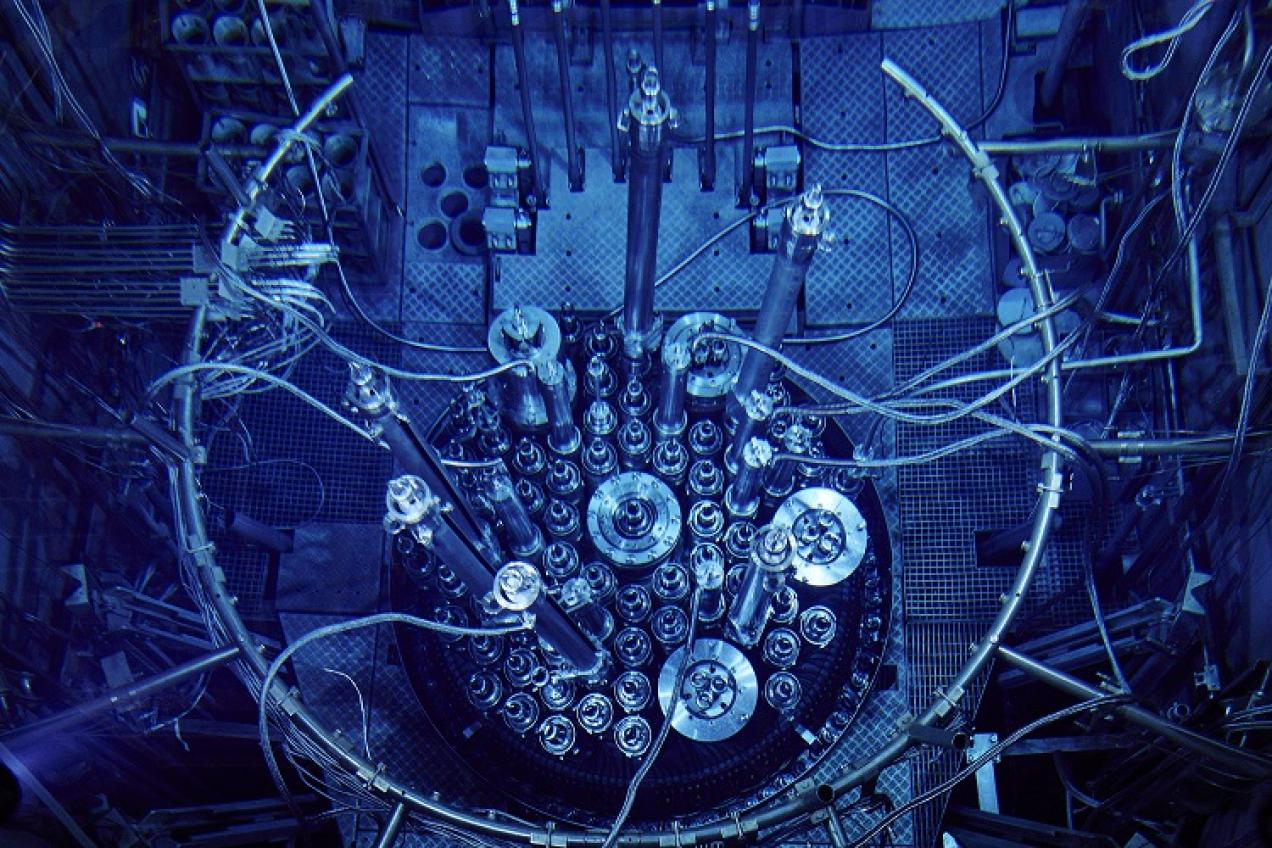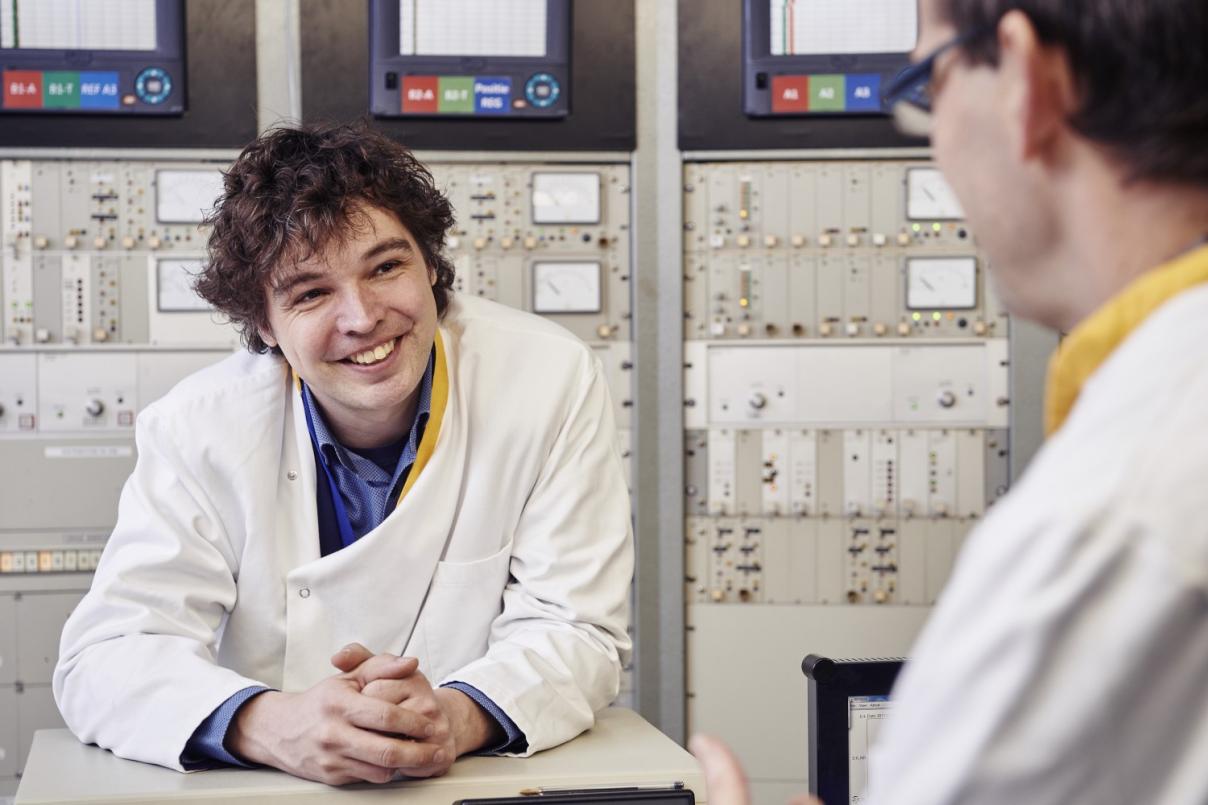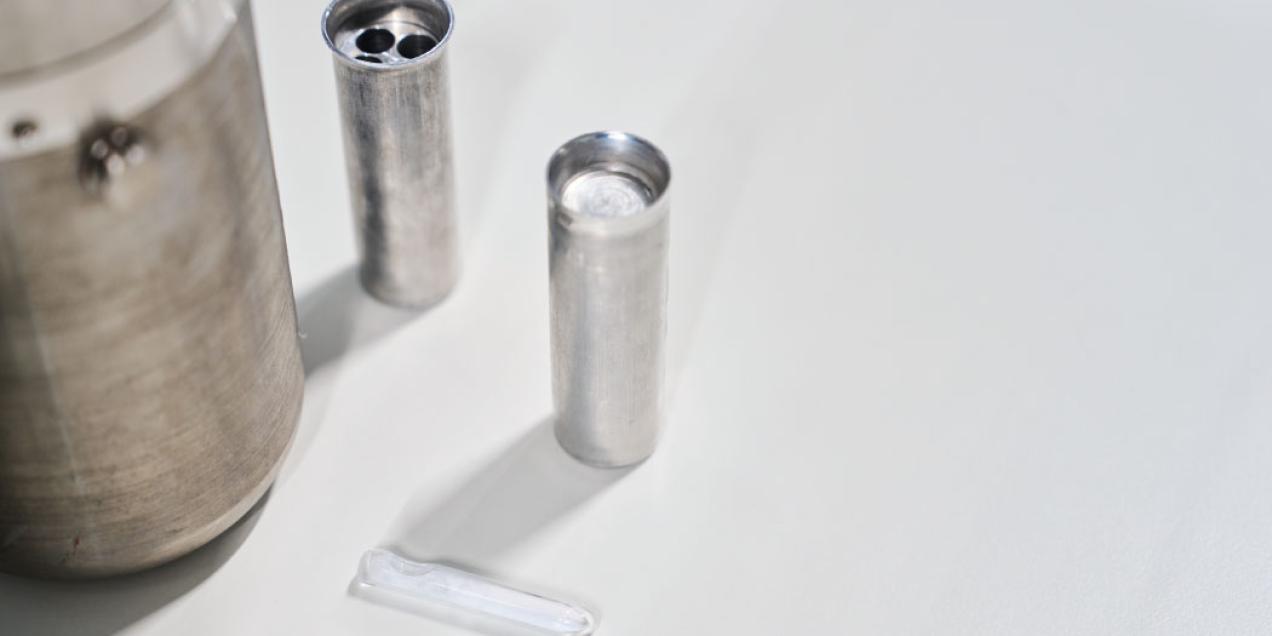More than 10 million patients helped thanks to SCK CEN production
Belgian reactor BR2 helps secure supply
The Belgian nuclear research centre SCK CEN has played a crucial role in the production of medical radioisotopes for many years. In 2021, more than 10 million patients were helped thanks to the production in its BR2 research reactor. Due to unforeseen circumstances, there is currently a shortage of radioisotopes and SCK CEN is stepping into the breach.

Worldwide, there are only a handful of producers to cover the global demand for medical radioisotopes. One of them is the BR2 research reactor of the nuclear research centre SCK CEN. “At each operating cycle, it provides the necessary raw materials used to diagnose at least one million patients and to treat at least 3,000 cancer patients. And that number is increasing. To ensure a diagnosis or treatment, reliable delivery is crucial. In the last 45 years, our reactor has not missed a single announced operating cycle. We owe this to our collaborators who give their best every day," says Sven Van den Berghe, Director of Nuclear Materials Science at SCK CEN, with pride. It therefore goes without saying that nuclear medicine and its patients can count on SCK CEN.
In 2021, more than 10 million patients were helped thanks to Belgian production. Typically, BR2 produces ten to fifteen different radioisotopes per operating cycle. Two radioisotopes take up the largest part of the production: molybdenum-99 and lutetium-177. Molybdenum-99 is the source of the major diagnostic radioisotope technetium-99m, which is used to detect cancer, heart disease and other illnesses. Lutetium-177 is a radioisotope used in the fight against prostate cancer and dozens of other applications in the near future.
That's why we are extending our operating cycle.

Lending a hand
In times of need, SCK CEN lends a hand. “BR2 is a versatile and, above all, flexible installation. Each operating cycle, we are able to fill the reactor's irradiation channels differently. As such, we can respond to pressing questions," explains Van den Berghe (SCK CEN). That pressing question has now arisen. The unexpected inability to start up the High Flux Reactor (HFR) in Petten, the Netherlands, has led to a shortage of medical radioisotopes. Just like BR2, this reactor plays an indispensable role in the production of radioisotopes.
All other players in the supply chain are immediately making efforts to cope with the shortage, including SCK CEN. “Patients are our top priority. We are extending our operating cycle by starting three days earlier. We are currently calculating whether it is necessary to postpone certain planned experiments in order to create space for additional production capacity."
Growing demand
Although the producers were able to reorganise themselves quickly and efficiently, the incident also underlines the need for continued consultation and coordination at a European level. Even more so because the role of medical radioisotopes in cancer treatment is becoming increasingly important.
This is also confirmed by Kristoff Muylle, Nuclear Medicine Physician at AZ Delta in Roeselaere and former President of the European Association of Nuclear Medicine (EANM). “Radioisotopes hold great promise in fighting cancer. They significantly increase the likelihood of therapy response, even in highly metastatic cancers, while the patients themselves tolerate the treatment better. They experience fewer side effects than with traditional treatments. Nuclear medicine will bring many innovations for years to come.” SCK CEN is therefore strongly committed to research and development so that these radioisotopes quickly reach the patient.
They significantly increase the likelihood of therapy response, even in highly metastatic cancers.

